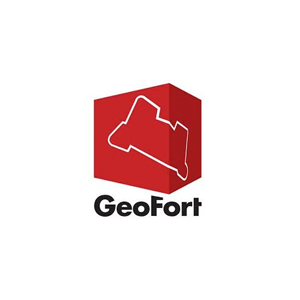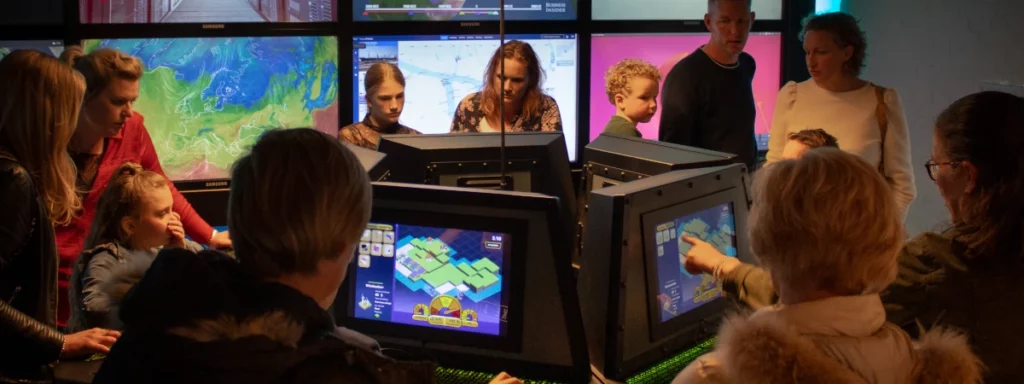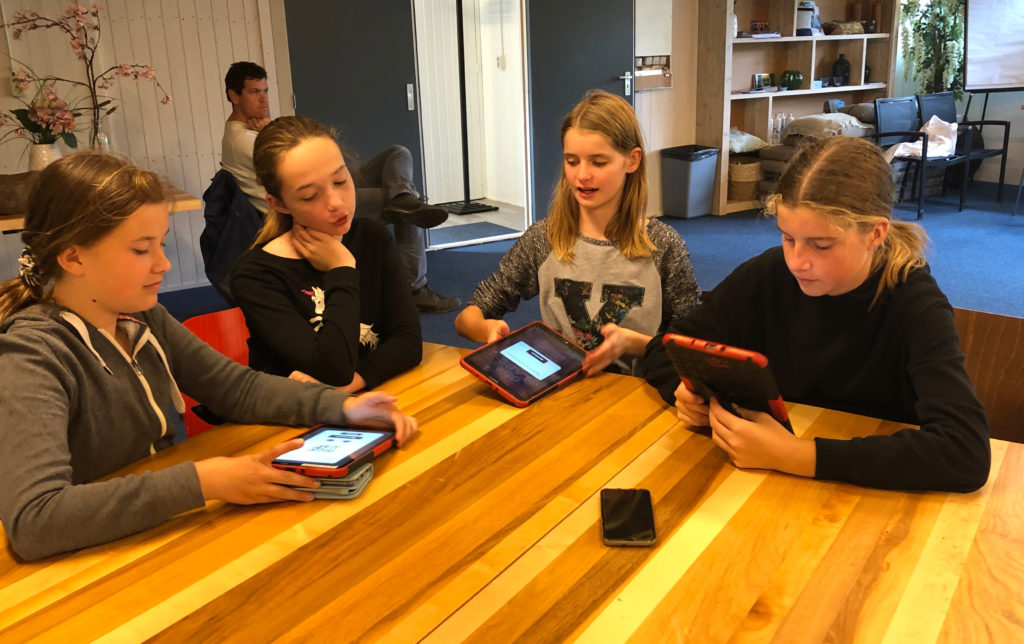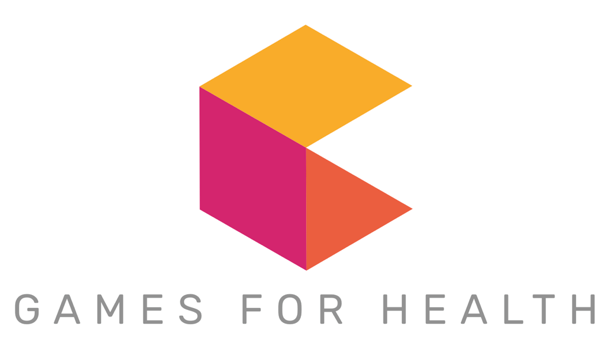Energy transition
Get teenagers to learn and talk about energy transition?
In partnership with a Dutch science center we developed the Energy Transition Game.

Watch the trailer
The Game Concept
Geolabs is a single- and multi-player simulation card game. Players use “energy transition cards” to experiment what effects certain actions have on the environment.
Choose to build coal-based power plants or sustainable alternatives, such as wind turbines or solar panels. Or decide to campaign to have citizens turn their heating systems a degree lower.
The goal is to balance energy demand and supply, while also paying attention to your CO2 emissions and energy stability.
In three unique challenges, taking place in the years 2020, 2030 and 2050, you decide what combination of cards will get you the best energy score.
Screen impressions
The real-life impact after play
Before we started designing the game, two behavioral scientists performed a target group research. We learned this group is well aware of the energy transition, but don’t find the topic interesting enough or have the feeling their individual contribution makes a difference.
Our design goal was to develop a play concept that allowed players to freely experiment and have fun with energy transition. An important element was to do this in a non-paternalistic and visually entertaining manner.
Through the play process, players learn what certain objects really do (e.g. how much electricity a wind turbine produces or what it means to turn down the heating a degree). But equally important, players learn to grasp the challenge of energy providers how to balance energy supply and demand, and reducing CO2 levels while also keeping a stable energy supply.
Players also feel more aware what their own actions can mean in real-life (turning off the lights, installing solar panels, etc.).
A final important play element is to work together to reach the goal of the game. By playing together, players will actively talk about energy transition while having fun to reach the game’s goal. A feeling of collectively tackling the energy transition challenge empowers the players also in real-life to collectively work on sustainability.
Press coverage | improving decision making of policy makers

Play is not just for kids, and has significant benefits to make people smarter, more able to cope with a certain situation, and work together. In this article, we discuss the potential power an extended game could have for policy makers in energy transition to collectively make better decisions (while having fun also).

Development process
During our (1) moonshot exploration, we defined the goal as follows:
Provide teenagers insight in the possibilities of energy transition; and trigger an intrinsic motivation to individually & collectively act better towards energy transition.
Before we started developing first play concepts, we did a (2) target group research with two sociologists to learn more about our target group, what moves them and how they feel about the energy transition topic.
Based on these insights, we derived a few concept statements that set the basis for (3) developing the first play concepts:
- Don’t patronise, and leverage the knowledge & creativity of target group.
- Make the theme sexy.
- Provide the feeling that small actions can collectively deliver big impact.
- Find a new way - a new language - to communicate about energy transition.
The first play concepts went through (4) concept testing by our own team as well as a subset of the target group.
After making some tweaks to our concept based on the test insights, we started (5) game development, which happened in iterative steps.
Ready to work towards a zero waste planet through play?
Are you an organisation aiming to address climate change? And do you believe human behavior is stopping you from reaching that objective?
Then let’s start the dialogue how play concepts may help to address your objectives.




